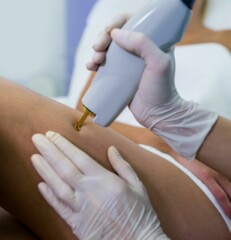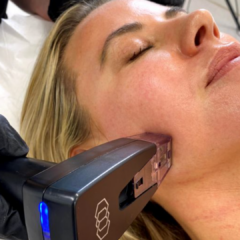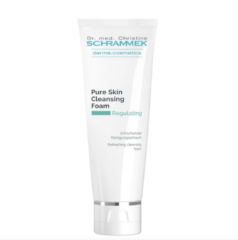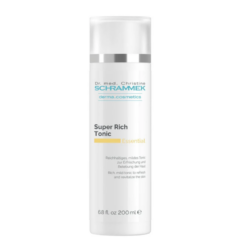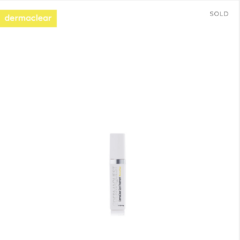[vc_row][vc_column][vc_column_text] What Makes A Tattoo Permanent?
Think about this for a while, what actually makes tattoos permanent and not easy to remove unless you have expensive lasers?
You could be forgiven for thinking that the reason has something to do with the depth in which the ink is deposited into the skin, but as you are about to discover things are not quite that simple.
In actual fact the microscopic war between your immune system and the dye is what actually enables tattoos to take up a permanent residency under your skin.
When someone gets a tattoo it acts as a sort of infection and this “infection” is attacked by the body’s immune system resulting in a sequence of events that enable the tattoo to happily stay put, evading your body’s defensive system.
The Human Skin Cycle
To better understand how tattoos work we will take a little detour and briefly explain how the human bodies largest organ, the skin, repairs and regenerates itself.
Your skin is made up of several layers with the very top layer that you can see on the outside being the epidermis.
The epidermis is composed of cells that are made of keratin. In case you have never heard of keratin it is a hard, strong substance that also makes up your hair and nails.
The individual cells of these are known as keratinocytes and these grow at the lowest level of the epidermis which is fused with the second layer of skin called the dermis. The keratinocytes push up their way from the bottom until they finally reach the top where they die and then break away.
As old cells die and are shedded from the skin new keratinocytes are ready to take their place completing a full cycle which takes roughly around a month.
Back To Tattoos
Something doesn’t seem quite right here, if our skin replaces itself every month or so why does the tattoo remain? Put simply they do not shed as the ink is deposited in the dermis layer of the skin, underneath the epidermis which has the monthly shed cycle. This helps explain why tattoos don’t shed away but not why they are permanent.
Tattoo needles work by punching their way through the epidermis at 50 to 3,000 times a minute, depositing the ink deep into the dermis. The dermis is composed of collagen fibres, nerves, glands and blood vessels – every time the needle penetrates the skin it causes a wound that alerts the immune system cells to the source of the damaged skin to begin repair efforts and to decrease inflammation. It is this process that is responsible for the permanent nature of tattoos.
Stage 1: The Clean Up Process
Specialised cells named Macrophages are sent in to “digest” the ink in an attempt to clean up the inflammatory mess. Some of these cells travel back to the lymph nodes full of ink while others remain in the dermis. As these cells have no way of disposing of the ink the pigment stays in the remaining Macrophages and can be visible though the skin. Other ink particles that are left are engulfed by dermal calls that are called fibroblasts.
Stage 2: Epidermal Regeneration
When the tattoo needle injects ink into the dermis, the ink is also deposited in the epidermis as well. However as the skin heals itself from the puncture wounds caused by the tattoo needle, the epidermal cells are shed and are then replaced by new skin cells, that are dye free. This process usually takes around 2-4 weeks for full epidermal regeneration.
Stage 3: The Death Of Replacement Of Dermal Cells
Unlike the epidermis cells the dermal cells remain in place until they die. They are then absorbed, ink included, by new and younger cells nearby resulting in the tattoo staying put.
Stage 4: The Fight To The End
The tattoo will slowly fade over time as the immune system is locked in a constant battle to remove the alien pigment from the body. Although the immune system is forever passively trying to remove the tattoo its ability to do so dramatically diminishes after the first round of macrophages.
Animated Video:
Please watch this video by Ted Ed which animates the process described above:
[/vc_column_text][/vc_column][/vc_row]

